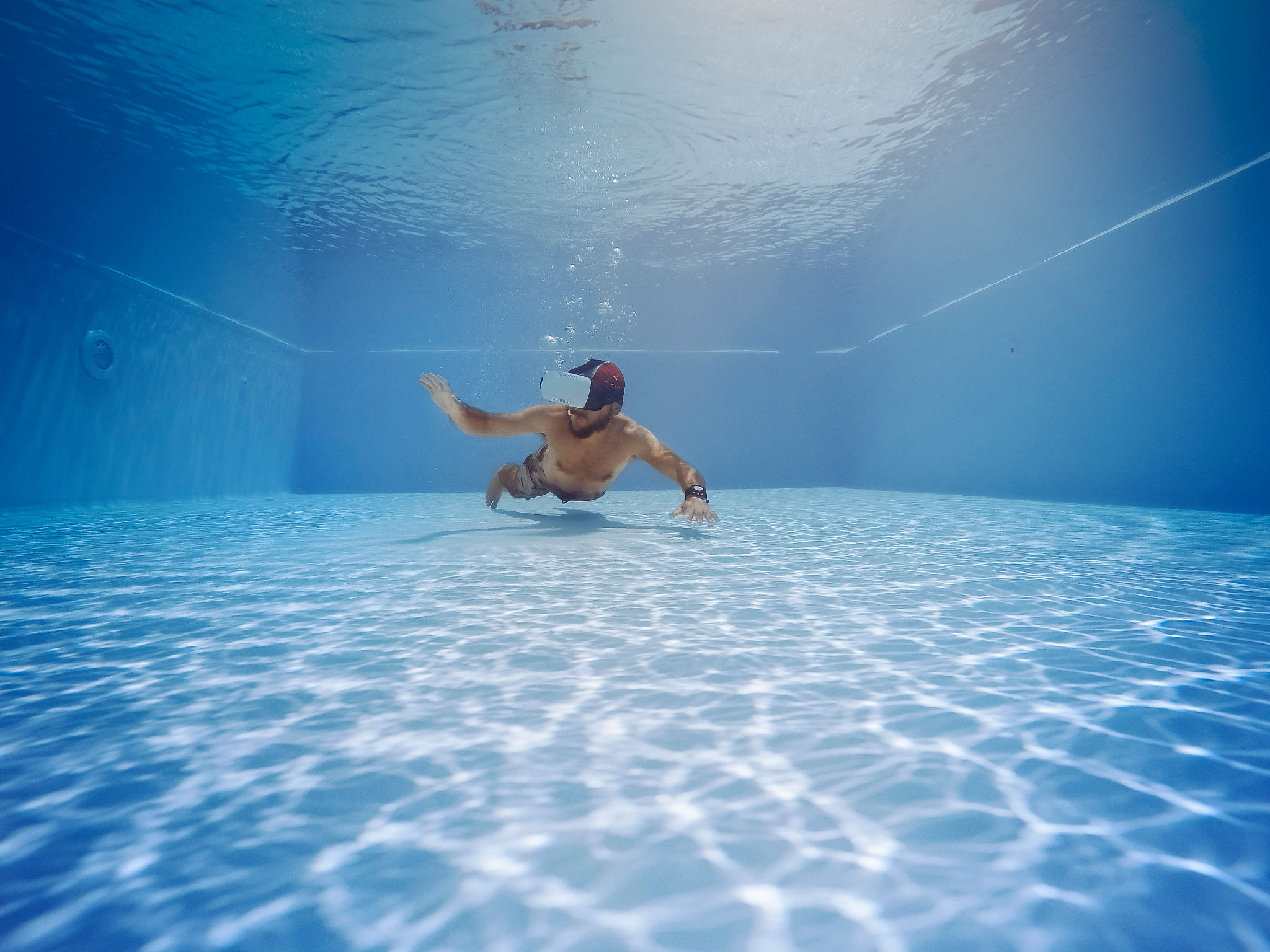Innovative Diving Technologies Revolutionizing the Marine Industry
The Rise of Cutting-Edge Diving Technologies
The marine industry has always been at the forefront of technological innovation, constantly evolving to improve safety, efficiency, and exploration capabilities. In recent years, rapid advancements in diving technologies have revolutionized how we explore and interact with the underwater world. These innovations are not only enhancing the diving experience but also providing significant benefits for marine research and conservation efforts.

Advanced Diving Equipment
One of the most significant areas of advancement is in diving equipment. Modern dive gear is now more sophisticated than ever, incorporating state-of-the-art materials and design features. High-tech wetsuits and drysuits offer improved thermal protection and flexibility, allowing divers to explore colder, deeper environments comfortably. Additionally, innovative breathing apparatuses, such as rebreathers, are reducing nitrogen absorption and extending underwater time significantly.
Moreover, the development of smart dive computers has transformed diving safety. These devices provide real-time data on depth, temperature, and gas consumption, enabling divers to make informed decisions while underwater. The integration of GPS and sonar technology further enhances navigation, ensuring divers can explore with confidence.
Robotics and Autonomous Underwater Vehicles (AUVs)
Robotics has made a substantial impact on the marine industry, particularly through the use of Autonomous Underwater Vehicles (AUVs). These robotic systems are capable of conducting complex underwater tasks without human intervention. AUVs are used for a variety of purposes, including mapping the ocean floor, inspecting underwater infrastructure, and collecting marine data.

Their ability to operate in extreme conditions makes them invaluable tools for scientific research and environmental monitoring. Equipped with high-resolution cameras and sensors, AUVs can capture detailed images and data, providing insights into marine ecosystems that were previously inaccessible.
Virtual Reality (VR) and Augmented Reality (AR) in Diving
Virtual Reality (VR) and Augmented Reality (AR) technologies are opening new dimensions in diving. By simulating underwater environments, VR allows divers to train in a risk-free setting before embarking on real-life dives. This technology is particularly beneficial for training purposes, enabling divers to practice emergency procedures and navigation skills in a controlled environment.
On the other hand, AR is enhancing real-world diving experiences by overlaying digital information onto the diver's view. With AR-enabled masks or goggles, divers can receive real-time data such as dive depths, directions, and points of interest directly within their field of vision, significantly enhancing situational awareness and safety.

Environmental Monitoring and Conservation
Diving technologies are not limited to enhancing human exploration; they play a crucial role in environmental monitoring and conservation. Innovative sensors and data collection devices are being deployed to monitor water quality, temperature changes, and marine biodiversity. These tools are essential for understanding the impacts of climate change and human activity on marine ecosystems.
Additionally, drones equipped with specialized cameras are being used to monitor coral reefs and track marine wildlife populations. This data is invaluable for researchers and conservationists working to protect our oceans and ensure sustainable practices.
The Future of Diving Technologies
As technology continues to advance, the potential for further innovation in diving is immense. Future developments may include even more sophisticated AUVs capable of deeper explorations, advanced materials for dive suits that enhance durability and comfort, and more integrated smart systems for improved safety and communication.
With these ongoing advancements, the marine industry is poised to unlock new possibilities for exploration, research, and conservation. As we continue to push the boundaries of what is possible underwater, these innovative diving technologies will play a crucial role in shaping the future of our relationship with the ocean.
